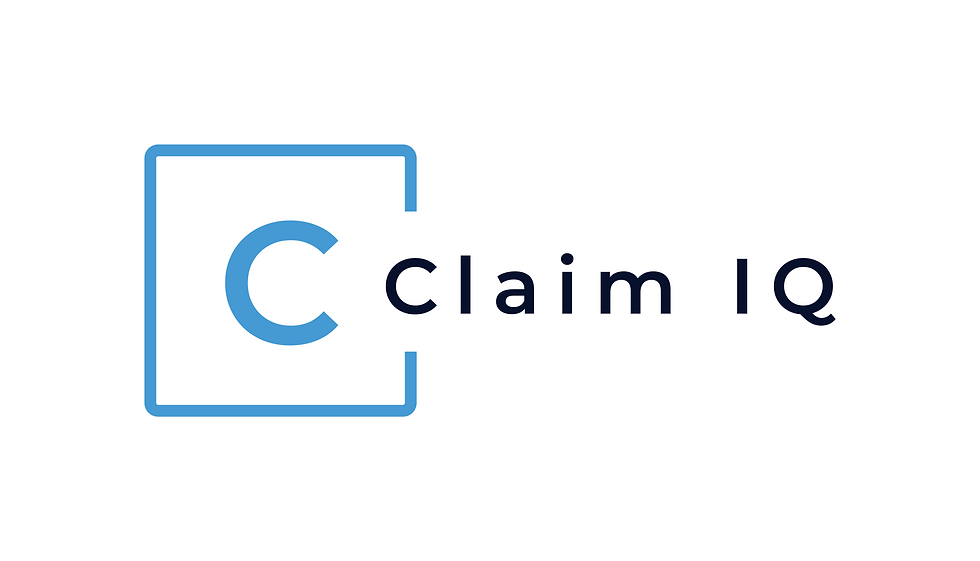AHK Recruitment Ltd v HMRC [2020]: A cautionary tale
- Eneko Igartua
- Jul 11
- 2 min read
Background & Facts
AHK Recruitment Ltd, a recruitment firm, claimed SME R&D relief for the periods ending 31 December 2014 and 2015. Their project, “Individual Behaviour Assessment Automation”, involved developing a SaaS platform with machine learning and data-mining capabilities, intended to replicate and enhance psychometric assessments.
HMRC issued a closure notice in October 2018, denying the relief, saying that the project lacked evidence of technological advance and uncertainty, particularly noting that the claim initially focused on social sciences, which are excluded.
Legal Issues in Focus
The main questions examined were:
Did AHK undertake qualifying R&D, meaning activity that advanced science or technology by resolving technological uncertainties?
Were the claimed costs appropriately attributable to qualifying R&D?
The FTT Decision
1. Qualifying R&D Activity
The Tribunal found that AHK failed to prove:
A genuine technological advance beyond existing software capabilities.
The presence of uncertainties that wouldn’t be readily tackled by a competent professional in the field.
The supposed advances—like creating neural networks and semantic classifiers—were asserted by advisors, not demonstrated with first-hand or technical expert input.
2. Competent Professional Requirement
Key to qualifying R&D is evidence from a competent professional intimately involved in the project. AHK and their agents produced credentials and hearsay but no direct testimony from someone actively working on the project.
Tribunal emphasised that for software claims, advisors should engage directly with technical staff to substantiate aspects like uncertainty and advancement.
3. Cost Attribution
Even if R&D had been proven, AHK did not substantiate how the claimed costs (both staff and subcontracted) directly traced to the R&D activities; this too formed a basis for dismissal.
Key Takeaways
Don’t rely on generic statements or marketing buzzwords (e.g., “innovative”, “machine learning”), technical specificity matters.
Engage competent professionals early: individuals with hands-on knowledge should participate in preparing and, if needed, defending the claim.
Document traceability of costs: ensure staff time and subcontractor invoices clearly map to qualifying R&D.
Understand exclusions: initial focus on behavioural science (social sciences) triggered HMRC scrutiny—software claims must avoid straying into excluded domains.
Final Thoughts
AHK Recruitment Ltd v HMRC is a powerful cautionary tale. It underscores that credible R&D claims, particularly in software and AI, require:
Robust technical evidence supported by competent professionals directly involved;
Clear demonstration of technological advancement and uncertainty;
Solid documentation mapping costs to qualifying activity;
Focused project narratives avoiding excluded disciplines like social sciences.
AHK Recruitment Ltd v HMRC [2022] UKFTT 00120 (TC) highlights that the presence of uncertainty must be assessed from the technical perspective, not based on surface-level appearances or job roles. The FTT specifically warned against relying on job titles, business sectors, or subjective commercial perceptions when assessing eligibility under the BIS Guidelines. It reinforces the argument that HMRC must avoid overgeneralised assumptions about industry norms and instead focus on the specifics of the activities carried out.



Comments